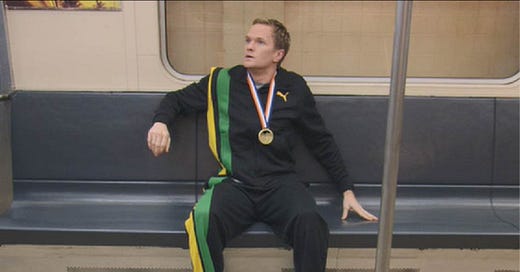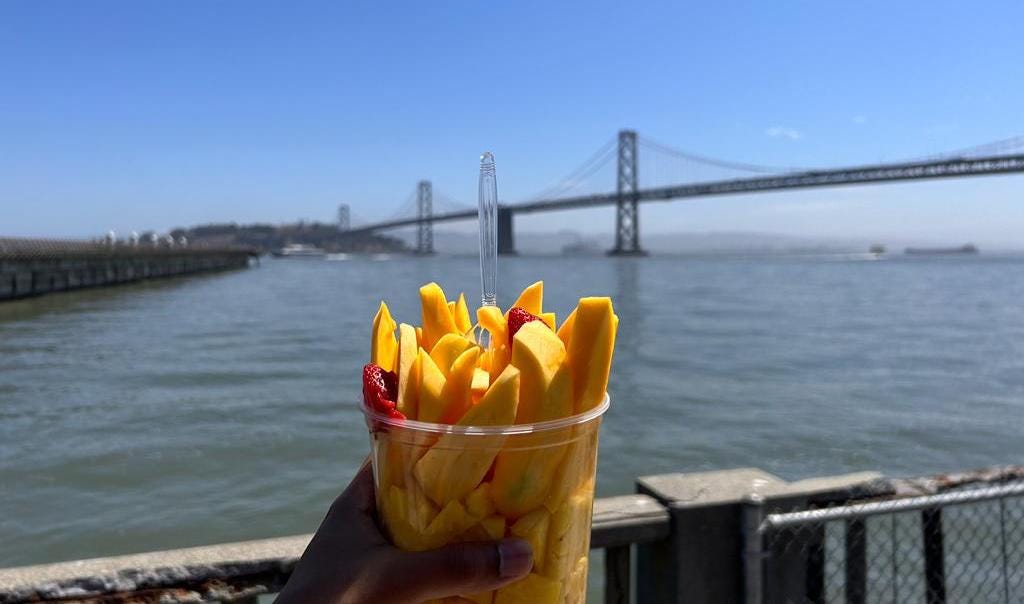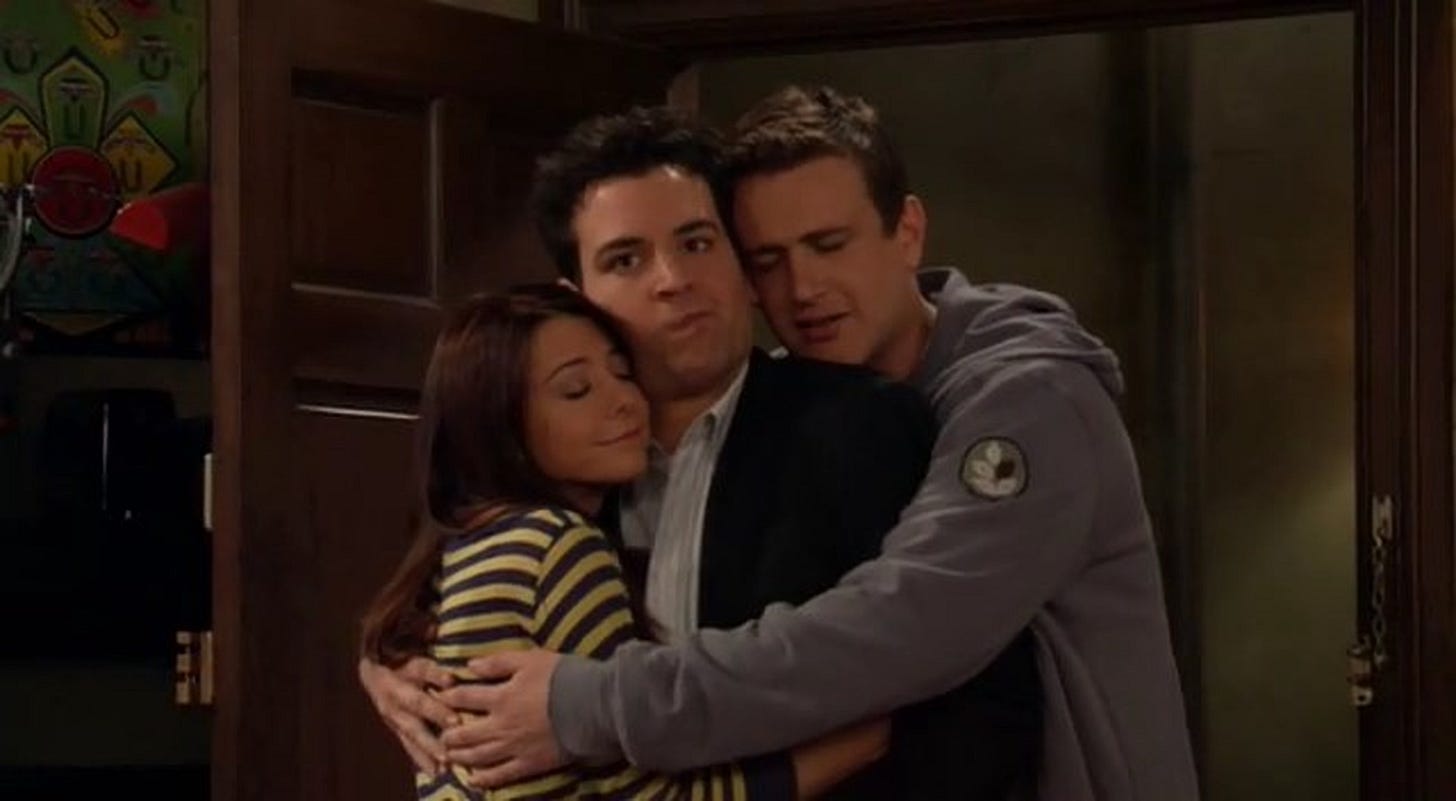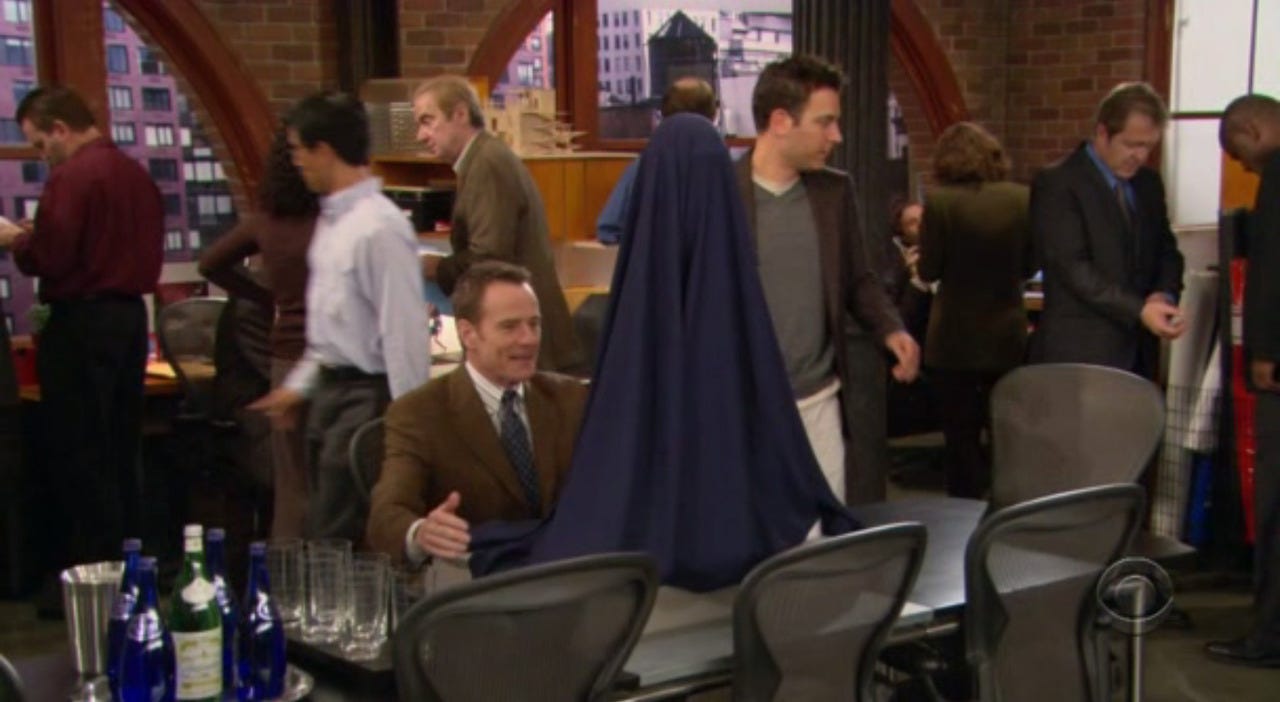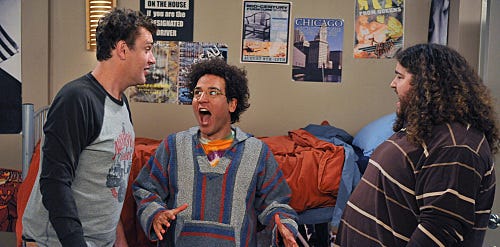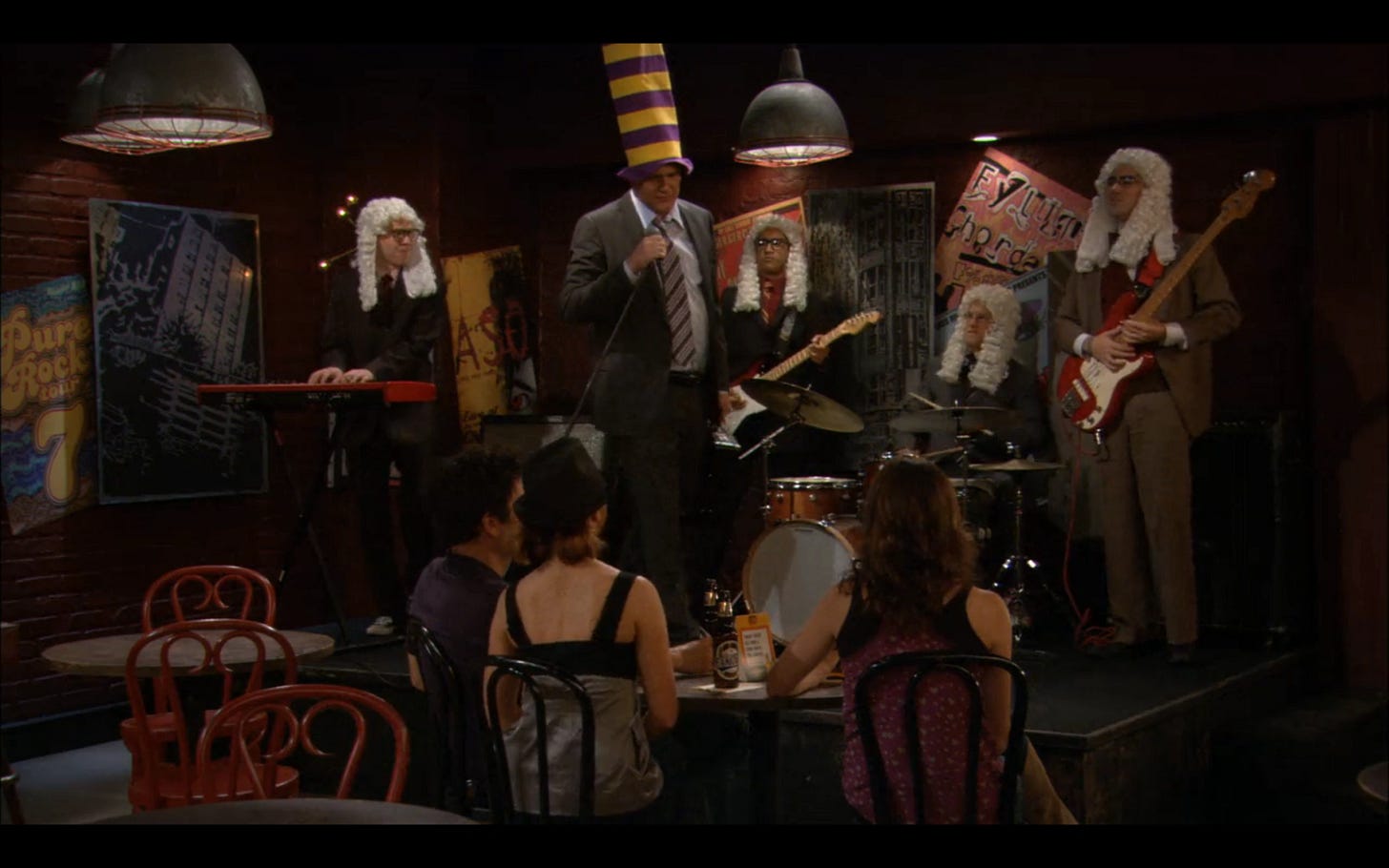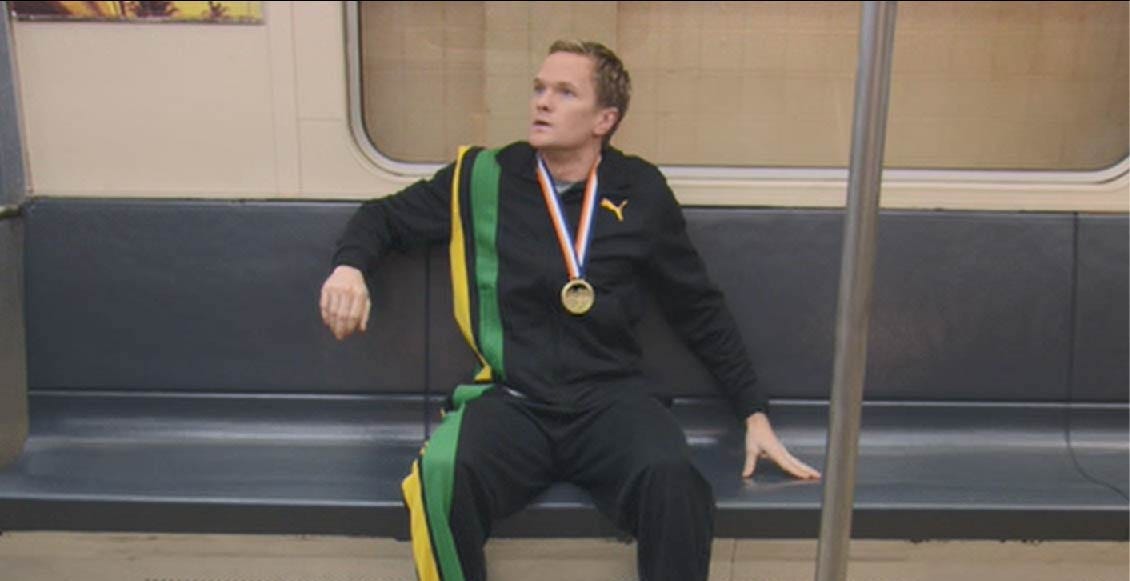It's Not a Marathon, It's a 10k
don't maximize, don't rush, and don't make it a big deal, it's just life
July 6th, 2023: This week I just got back to San Francisco after being gone for 2 months. I am so happy to be back and be staying in San Francisco for a while, leaving behind the exciting stress of getting acclimated to somewhere new. Going to new places has definitely helped me tap into my solitude, but also reminded me of how lucky I am to be back in a place where I have such a strong support group of friends. It has also been really nice to start my journey as a member of The Commons, a tight knit community space, and to start going to events such as the Sabbatical Circle, a discussion group around those looking to take time off.
Coming back home after being gone for 2 months has been an incredible blessing. It’s nice to be back in my old bed, have my old neighbors back, and be near my favorite coffee food truck. After leaving my job, being at home for a bit, in London for a bit, then back home, I was looking forward to returning back to my apartment and back to my normal life.
But I quickly realized that, without my job, the life I had left was not waiting for me to return. It was already long gone and it was never coming back. And the funny thing is even though my last day on the job was a month ago, this was the first time it really hit me how much my life had changed. It was because everything was so familiar, so similar to how I was used to life being, that the one big thing that was different (not going into the office) stuck out like a sore thumb.
In the context of friends and co-workers who had continued on working, my decision not to look for new full-time work seemed especially strange and rash. Luckily, soon after being back in SF, I was able to find fellow partners in crime at an event centered around planning sabbaticals called The Sabbatical Circle. Being around other people who felt the call to exploration was invigorating and hearing the stories of people months into their sabbatical as well as the reasoning of people who are considering the option helped spark a lot of insights about how to shape my sabbatical, but also just how I saw my life. In this post, I want to share the top insights I gained because of the conversation, and hear what you think about them.
Don’t Maximize
The first insight I gained was about what I thought I was working towards during the sabbatical and in life. I used to think fulfillment was about reaching your absolute highest potential and achieving things akin to solving world hunger or building a billion dollar business. It was all about being maximum and reaching maximums of self. I’m now considering giving up on this idea. There is no maximum, the hope is you are going to grow till you die and you won’t stop ever stop growing or reach a “maximum”, that word doesn’t really mean anything. There is no milestone upon which you are done. Done is more of a feeling than a milestone. I have also come to realize that this concept of maximizing is already pretty foreign to a lot of people outside (and even inside) the U.S..
In the Sabbatical Circle, this was one of the questions I asked, what goals have you set for the Sabbatical, how do you know whether you are you are “making the most” of the precious limited time you have before you have to “go back” to real life. And one of the members of the circle said something that I thought was really insightful.
He said when he started his sabbatical, one intention he had was to learn how to play guitar. So he set out on his sabbatical, leaving one hour a day to learn how to play. Doing this for a few weeks, he realized that he really loved guitar and wanted to dive even deeper into it and so he started spending 2 or 3 hours a day on guitar. He wasn’t worried about reaching some level in guitar, but more of having the right balance of things in his day. A balance that felt right. And our Sabbatical Instructor added to this that a sabbatical was not just about finding the right balance of time, but the right balance of energy throughout the day.
This is a huge part of the Pathless Path that I’ve seen and heard multiple times: success in a sabbatical and generally in life is about having a balance that feels right and allows you to go through the day with the right energy. So as I balance the time gained from my newfound freedom to structure my own time between part-time work, writing, health, and personal projects, this is something I’m keen to focus on (and I think I’m already seeing improvement here). Not setting super concrete goals and metrics, but feeling how the balance between all these things is feeling and how much energy it is bringing.
Feeling F.O.M.O Less
The other interesting epiphany I had is that I have started feeling the fear of missing out, or F.O.M.O. as the kids call it, less. When I was solo traveling, I was on my feet and had to make every decision free of the influences of others. Where am I going to get dinner? Well I can’t poll the room. Does this place look too dangerous to go into at this time? No one to get a second opinion from. I think what has happened is, more than just being more comfortable being alone, I’ve become more comfortable taking charge and making decisions on my own, or grabbing the wheel and choosing a direction, simply because solo travel forced me to do it more. I realized that the fear of missing out was a way for others to take control of the steering wheel and choose which direction I would go in.
So now that I’m feeling less FOMO and am passing up on more opportunities, does this mean people are going off and having a ton of fun without me? Am I missing out on the chance to build great memories or get closer to people? Maybe, but I’m fine with that. I think this is because I now have more confidence that I have enough and again I’m not trying to maximize anymore. And the other thing is that I’m less afraid of just being alone and having to figure it all out on my own. If it comes to that, I can do it, it’ll be alright.
And I don’t think this change of perspective came just from solo travel, a big part of it also comes from the experience of being unemployed. When I had it, I so effortlessly fell into the structure my company provided me, especially because we were in person and going from that to having to figure out what I even broadly want to work on (travel, hobbies, side projects, video games, etc.) and then how I’m going to move through each hour to make progress has been a huge teaching experience in being my own guide. Just as the fear of missing out can rob you of the opportunity to decide for yourself what you want to do, letting someone else tell you how to structure your time (be in the office 9am to 5pm) does the same, even if it is convenient and save you some anxiety.
Don’t Chase, Don’t Rush, Feel Free
I think the bigger theme behind all of this is that I am getting into a mode where I chase things less. Before I used to chase having friends, chase having a great job and doing great for that job, and I even chased having a relationship. I still want those things and the big thing I’ve realized is you can want things without having to chase them. And I think the key to doing this is to not rush or not be in a rush, and personally it’s been unbelievable how big of a difference this has made.
When I was working or I was a student, it felt like I was always in a rush. And this always felt like it was a great thing, rushing meant I was doing a lot, I was busy and this must mean I was getting a lot done. But whenever I was in classes I was so worried about submitting on time that I’d just focus on how to most quickly end the uneasy feeling of the clock and just copy answers or do whatever it takes to submit and get it over with. Even in subjects I really enjoyed, I just had too much going on (or at least this is how I felt) to sit down and just let learning the material take as much time as it will take. Giving myself the time to just sit and seriously focus on learning ran the risk of taking up too much time and toppling my whole delicate balance.
Sal Khan, the founder of Khan Academy, has said this as well in his TED talk. He said what most education systems do wrong is they give you a fixed amount of time and everyone is judged on how much they can grasp in that time (whether they grasp an A level amount or a B level amount). What you should do is let everyone take their time to get to the A level. This isn’t a race to get the utmost mastery in everything. You only need to be so good at a few things, so take your time and learn. Just learn these few things on your own terms and then you are fine.
A good example of this is me trying to learn piano. I tried learning piano as a kid with a piano instructor. Every week the instructor would show up, teach me something new, and then give me homework for what to learn by next time. I found the task to be a chore and so would drag my feet on the homework and my instructor would get frustrated that we were not making any progress. Then years later during COVID, I decided to play piano again through a learning app called Simply Piano since we already had a piano in the house.
With this app, there was no homework. You would learn a note or a chord and then you would unlock a whole series of songs you could play, modern songs that I actually knew. When I wanted to express something, or have a song I just learned be stuck in my head, I would approach the piano. Some weeks I would progress super fast, and others not at all. But the important thing was I didn’t give it up like I did before. I continued playing and learning until I moved out of the house a year later, and then I got a new keyboard for my small place in SF. The reason the app was so much more effective for me than an instructor was because, with the app, I did not have a timeline or the ability to fail. It was joyous and something I chose to make progress on my own terms when I felt ready.
I think what makes this idea really powerful is this really interesting insight Paul mentions in his blog post The Way of Mediocre Man which is that most people quit early when trying to learn something or try something new. Rushing may help you feel like you are moving fast in the beginning, but that energy is adrenaline and it is bound to run out. I think people that rush, quit. So to summarize, if I were to modify one of my favorite quotes, if you want to go fast, rush, if you want to go far, well .. don’t do that, don’t rush.
It’s not a Marathon, It’s a 10k
What I’ve come to especially like about this worldview is that, if it’s true, the path to fulfillment is a lot more accessible than I first thought. Instead of the goal post being to turn your reality into achieving your wildest dreams within a certain timeline, all you have to do instead is throw away your goal post and timeline and focus on shifting how you spend your day a little until the balance and energy of the day feels better and better. Some days are going to be better and some are going to be worse, but that is fine. It is just about getting closer to the right balance in the approach, not about reaching some objective goal post. And with this new mindset, you can always get back up and try again. You can’t fail as you don’t have a timeline within which you have to complete your task of living and so no need to rush in order to do so.
I think some of us need happiness to be hard in order for it to feel meaningful. We make a mountain out of it, simply because we feel that if it is our life aspiration that it must be a mountain. But making it a mountain, or a marathon, putting it up on a pedestal as a feeling and pursuing it endlessly does not make it more noble to attain, it just sets you up for failure. It’s like raising a kid (which of course I know all about). Telling the kid that he or she needs to be president is just more harmful than giving the kid the confidence to take risks and the empathy to care about things and then just letting that kid figure it out (who knows he may become the kind of person people can fall in love with enough to become president).
With this new perspective, I’m thinking happiness is less like a marathon, and more like a 10k. It’s tough, it requires some training, and perhaps a change in life-style, but it’s doable for most people. For some people it comes easier than others, but it’s doable. And that doesn’t diminish it. Some people can go for the marathon, reach that state of full enlightenment, but for most of us, the 10k is enough of an achievement.
Putting it all together
So overall, it has been a lot of new realizations to test in a relatively short amount of time and I think that’s because there have been so many new firsts coming at me at a faster rate. First time being unemployed, first time traveling alone and especially traveling abroad alone, and the first time intentionally not having a plan and just wandering around.
All of these firsts have allowed me to have full control over the structure of my time, and this is what helped me realize that the best way to use this time is to, for the first time ever, not measure my progress towards a goal as a measure of the day, but instead use my energy during the day as a benchmark. They have also allowed me to focus not on rushing, but just absorbing and having the confidence to let absorbing take its time without worrying about falling behind. Some days are better than others, but I can feel the improvement over time and this gives me the confidence that it’s a 10k, not a marathon and that I can do it, and others can too. I’m excited to stress test what I’ve learned so far and even more excited for what I’ll learn next. Who knows what experiences and insights are coming up?

